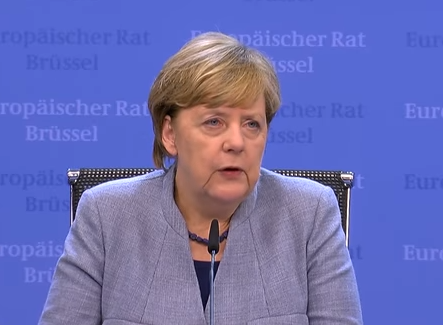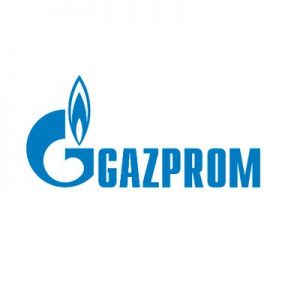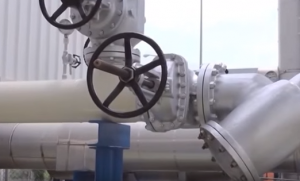
Reuters: Chancellor Angela Merkel’s efforts to forge a three-way ruling coalition ran into problems late on Thursday, with some participants warning that differences on climate, migration and finances may still cause the talks to collapse.
The conservative leader had set Thursday as a deadline for exploratory talks about forming a coalition with the pro-business Free Democrats (FDP) and the environmentalist Greens – a combination untested at the national level that would allow her to govern for a fourth term as German chancellor.
Merkel, 63, had warned reporters earlier on Thursday that the parties had serious differences and participants had been girding for a marathon session, or what German media have called the “night of the long knives.”
But the mood soured later in the day, with parties breaking off the group talks and retreating into their respective caucuses.
Senior FDP official Alexander Lambsdorff wrote on Twitter about “serious faces,” while FDP deputy leader Wolfgang Kubicki suggested an extension might be needed.
Conservative participants conceded the talks were not going well. The Greens and the Bavarian wing of the conservatives – the Christian Social Union (CSU) – even accused each other of blocking an agreement.
Failure to clinch a deal could lead to new elections – a scenario none of the negotiating parties wants, for fear the far-right Alternative for Germany (AfD) could make further gains after surging into parliament in the Sept. 24 national vote.
Such an outcome would be seen as a so-called black swan event that could weigh heavily on the euro.
Merkel tried to break the logjam – at least on climate protection – by offering to reduce coal power generating capacity by 7 gigawatts (GW), sources familiar with the talks said. That is still shy of the 10 GW cut demanded by the Greens, but above an earlier offer of 5 GW.
The chancellor is under pressure from her own conservative bloc, particularly the CSU, not to compromise too much to secure a coalition deal – and especially on immigration.
The CSU fears losing further ground in a 2018 state election. At stake is a conservative plan to cap the number of people Germany will accept per year on humanitarian grounds at 200,000 – a limit the environmental Greens reject.
“I don’t know if we can resolve all the discrepancies, all the disagreements,” said Joachim Herrmann, a senior member of the CSU, sister party of Merkel’s Christian Democrats (CDU).
‘Jamaica’ or Bust
Merkel is a skilled negotiator, renowned at European Union summits for building pressure on her negotiating partners and playing on their fatigue. She must leverage all these skills to secure the three-way “Jamaica” coalition, called that because the parties’ colours match those of the Caribbean island country’s flag.
“A failure of Jamaica would be her failure,” wrote the mass-circulation daily Bild.
Merkel’s partners in Germany’s previous “grand coalition” were the centre-left Social Democrats (SPD), who have vowed to return to opposition after suffering their worst election result since 1933 in September’s national vote.
Alice Weidel, co-leader of the far-right AfD, criticised the would-be coalition partners for failing to reach a deal, telling daily Die Welt: “If the (conservative) Union, FDP and Greens don’t reach an agreement soon, there should be new elections.”
If negotiators agree to a deal after Thursday’s talks, it must still pass muster with lower-ranking party officials. A key test would be a Greens conference on Nov. 25, when the party’s rank and file would examine any coalition pact.
Some negotiators had little appetite to extend talks in the event of no deal overnight.
“If, after three weeks of negotiations, we can’t say we can go into a stable governing alliance with each other, then three more days are not going to help,” said Annegret Kramp-Karrenbauer, CDU premier in the western state of Saarland.




